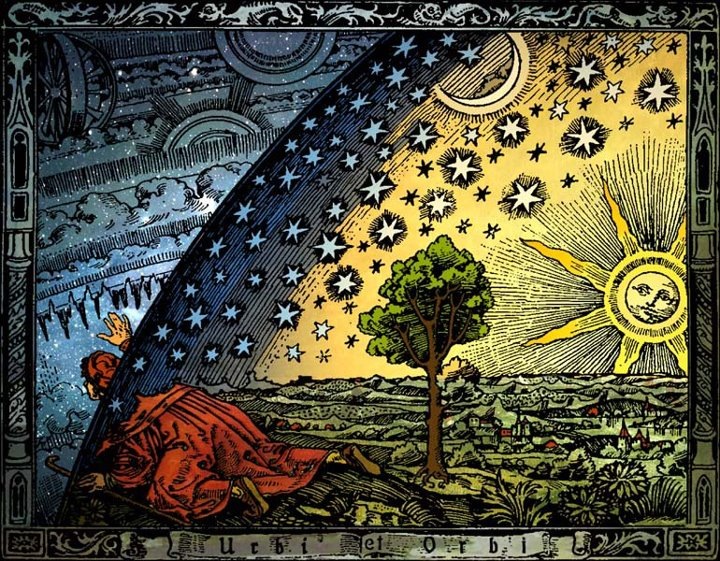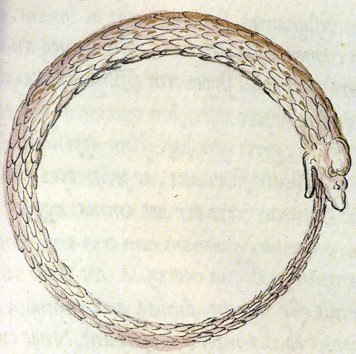Understanding Depth Psychology: An Invitation from the Soul
Understanding Depth Psychology: An Invitation from the Soul
I was brought to depth psychology through my love of typology. As a corporate consultant, each time I taught a workshop on the Myers-Briggs assessment I found that people were finding new ways of seeing themselves and others. Bridges of understanding were being formed and those I trained were accessing new insights about the paradigms they operated within.
As I ventured deeper into the work, I spent a year doing a program on transformational leadership at Georgetown University. It was rich, imaginal, and deep. It was my first direct experience with C.G. Jung, James Hillman, and Robert Johnson. Through archetypes my work deepened into finding new ways to see and understand the world. It wasn’t too long after that the study of archteypes led directly to the source—Classical Greek mythology and the works of Joseph Campbell.
From the earliest days of ancient Greece, myths were an expressive and symbolic way of understanding human nature and relationships, including love, conflict, and the challenges of personal and collective experiences. Throughout the Renaissance and later centuries, artists and writers kept Greek mythology alive with super psychological depictions of the vastly powerful and complex gods. Explaining mythology from a psychological perspective, Jung said “Myths are original revelations of the preconscious psyche, involuntary statements about unconscious psychic happenings” (1951).
The field of psychology and the work of psychotherapy, from early beginnings with Freud and Jung and their forbearers, understood the importance of applying mythological themes to patient narratives and symptoms. Today, psychology has moved too far away from its traditional and deep-rooted connections to Greek mythology, and the result has been to lose sight of the range and depth of human experience, as well as to significantly increase the pathologizing of patients. Jung said, “We are still as much possessed by autonomous psychic contents as if they were Olympians. Today they are called phobias, obsessions, and so forth; in a word, neurotic symptoms” (1954). The gods of ancient Greek mythology have taken center stage in our pathologies.
But the Greeks made room for a much broader range of psychological variation within their culture. Charles Boer, translator of ancient Greek texts, wrote decades ago about the value of a mythological perspective (1970): “These days, as our own country increasingly narrows its own single-minded focus on things, one realizes again why what the Greeks have given us is “classic” and for all time. How helpful it must have been in their day to have had this network of Gods and Hymns, to know that one was not crazy or alone or odd in one’s fantasies and dreams, as one always must feel in a monotheistic system when the God of that system does not authorize the way one wants to see things.”
Today, these broader perspectives are being re-introduced and championed by archetypal and depth psychologists across the globe. The late psychologist James Hillman put it quite literally, Archetypal psychology can put its idea of psychopathology into a series of nutshells, one inside the other: within the affliction is a complex, within the complex an archetype, which in turn refers to a God. Afflictions point to Gods; Gods reach us through afflictions (1975).” In our afflictions we access the shadows of our being, but also experience the numinous forces driving us toward wholeness.






